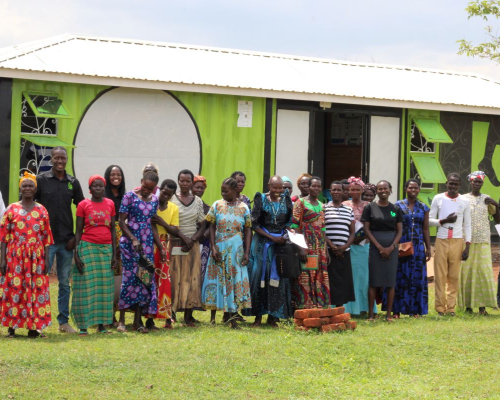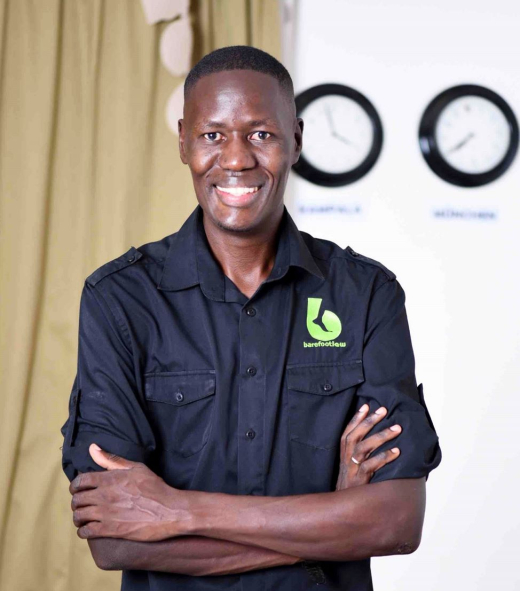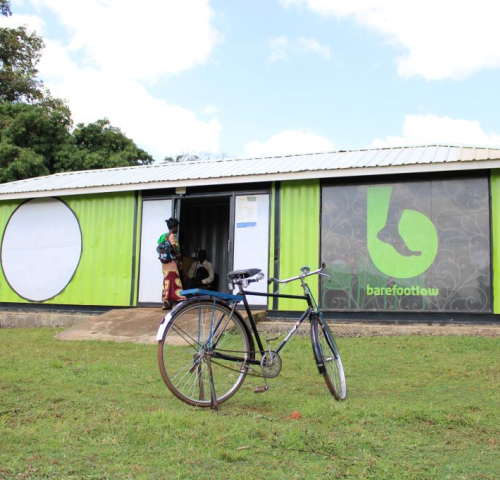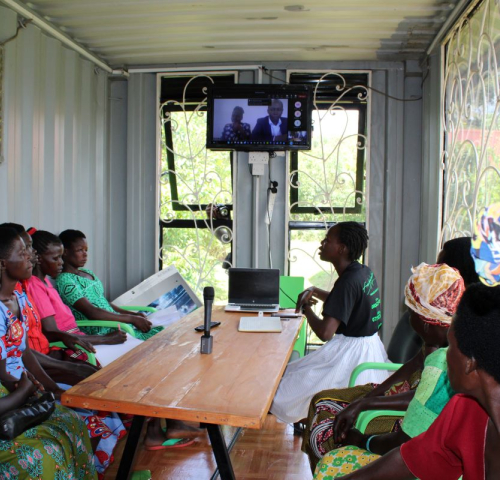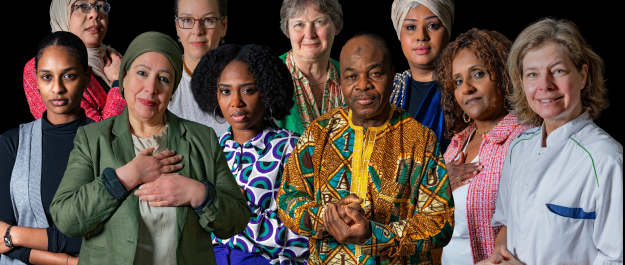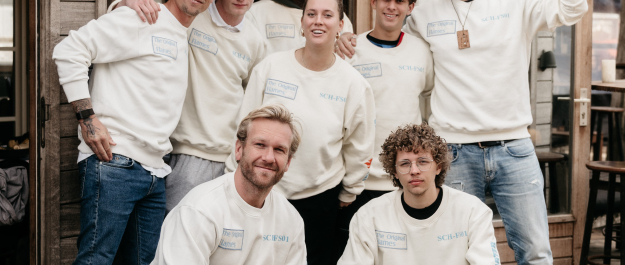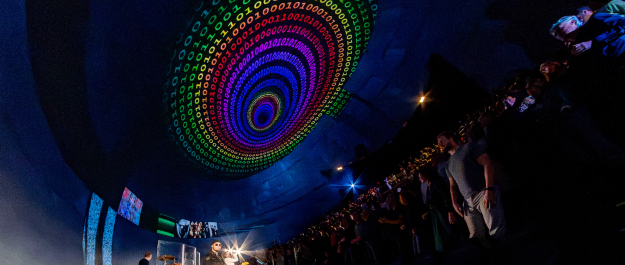When Gerald Abila founded BarefootLaw, ten years ago this month, Uganda was reeling from years of conflict.
Grassroots justice on the rise
As a recently graduated law student, Gerald saw how the justice system was simply not capable of solving the daily problems faced by many people in his country. So, he resolved to set up a free information service that provided advice on all manner of legal issues, such as property disputes, conflict resolution, and will writing. Articles were initially posted to a handful of SMS subscribers, but Gerald soon found that demand was outpacing supply.
From SMS to Facebook
He set up a Facebook page and brought in friends and fellow lawyers to deal with all the queries. What began with a few articles posted on social media, soon became a sophisticated legal answering service featuring automation, machine learning and AI.
Although BarefootLaw was thriving, and many people were getting the help they needed, there was a clear divide in who was able to access the service. The vast majority of respondents were men living in towns and cities, and Gerald realized that he would need to innovate further if he was to reach the people who needed the legal advice most.
Solar-Powered justice: Bringing the law to rural Uganda
Internet penetration was below 15% in Uganda at the time, while literacy rates were also low in many parts of the country. Only 6% of the users were women and many Ugandans, particularly those in rural areas, had simply no way of accessing the BarefootLaw service.
In a completely unique initiative, BarefootLaw expanded its digital model to ensure grassroots communities could be reached. Gerald and his colleagues designed the first mobile ‘justice boxes’ - solar powered shipping containers that can be installed in rural communities, and provide a direct line to lawyers working in the capital Kampala, who are on hand to work pro bono. This provides instant connectivity, helping local people resolve disputes, gain essential legal information, and understand more about their rights as citizens.
They have assisted the work of local courts and arbitration centres, where disputes are resolved, advice is imparted, and people are trained in the legal profession. It is a wholly organic drive towards self-sufficiency and connectivity.
African legal innovation finds a global platform in The Hague
A decade after its launch, BarefootLaw has helped almost a million people with their legal queries. It is now looking beyond the borders of Uganda, with BarefootLaw boxes planned for communities in countries across Africa like Kenya, Zambia, and Malawi. This year, the organization also established a full-time presence in The Hague’s Humanity Hub bringing awareness of the project to the international community. As the international city of peace and justice, The Hague is now a touchpoint for this uniquely African initiative, delivering expertise that was hatched in Uganda to new audiences all over the world.
“When we started BarefootLaw 10 years ago, we thought the perfect logo would be a bare foot marching ever forwards. It symbolises this idea of humanity and technology in harmony, helping people move towards a brighter future. Now we have an established presence in Europe at The Hague Humany Hub, we see no limit to how many vulnerable communities we can help. We are extremely excited about what the next ten years will bring.”
For more information about BarefootLaw
Please find out more about the work of BarefootLaw.
The Hague Humanity Hub
The Hague Humanity Hub supports and strengthens the ecosystem for a more peaceful and just world. The Hub facilitates connections and innovation by offering the necessary ingredients for chance encounters, new alliances, inspirational collaborations, and the exchange of knowledge. They strive to enable effective action through community, programmes, and The Hague Humanity Hub campus.
